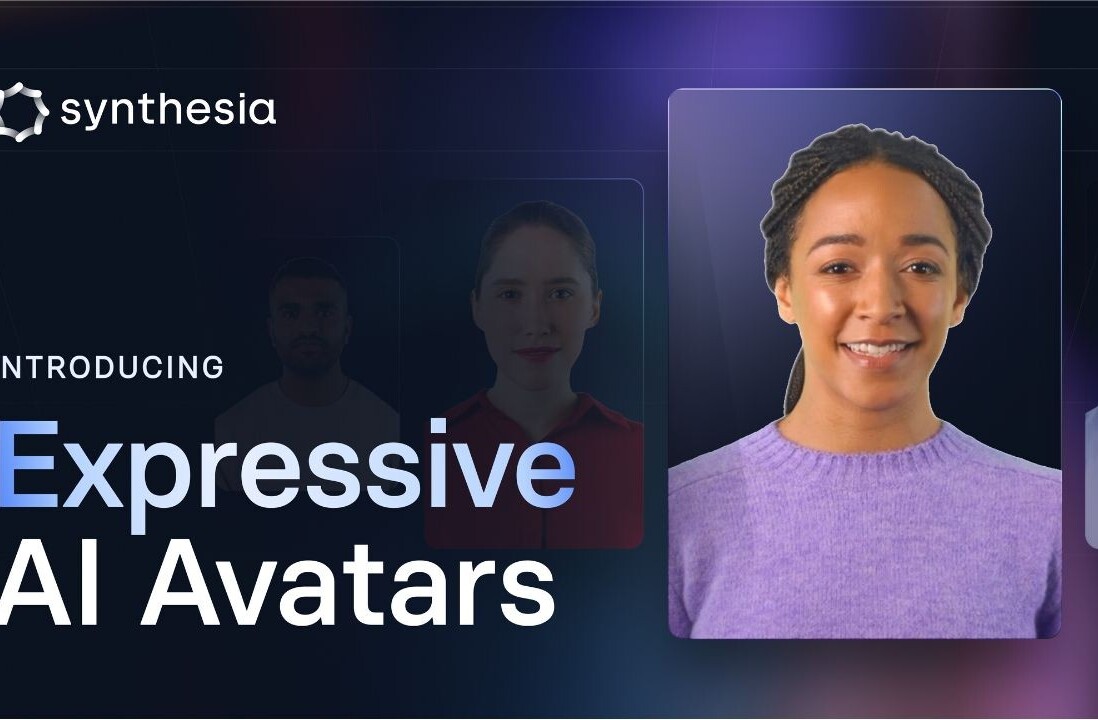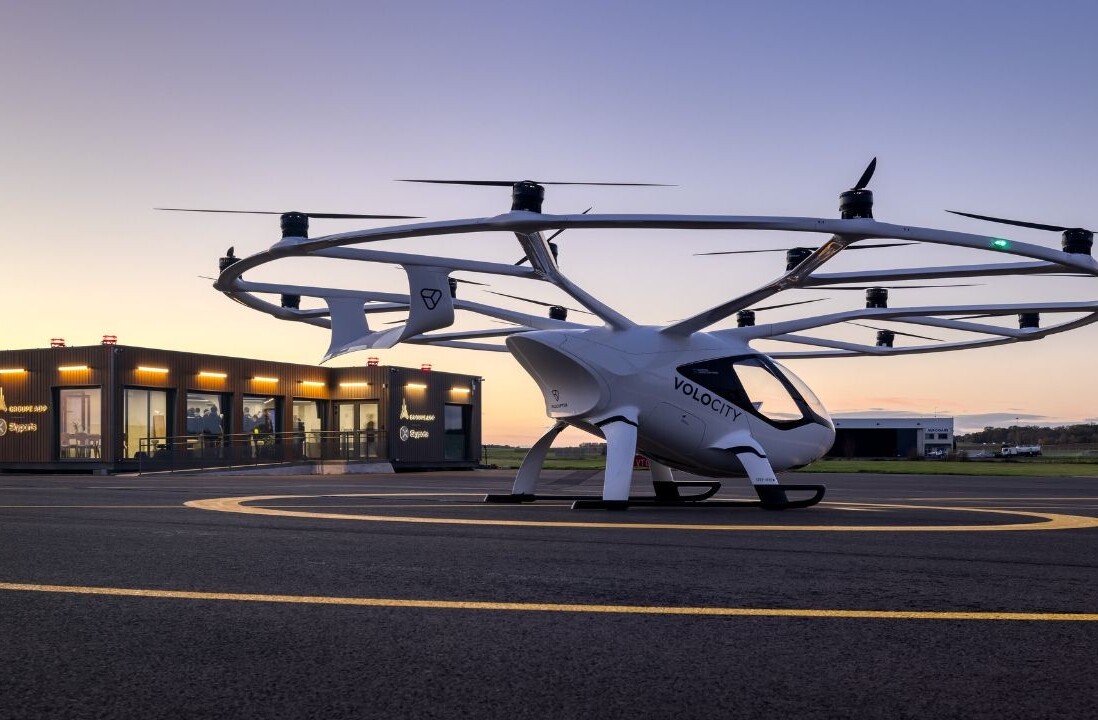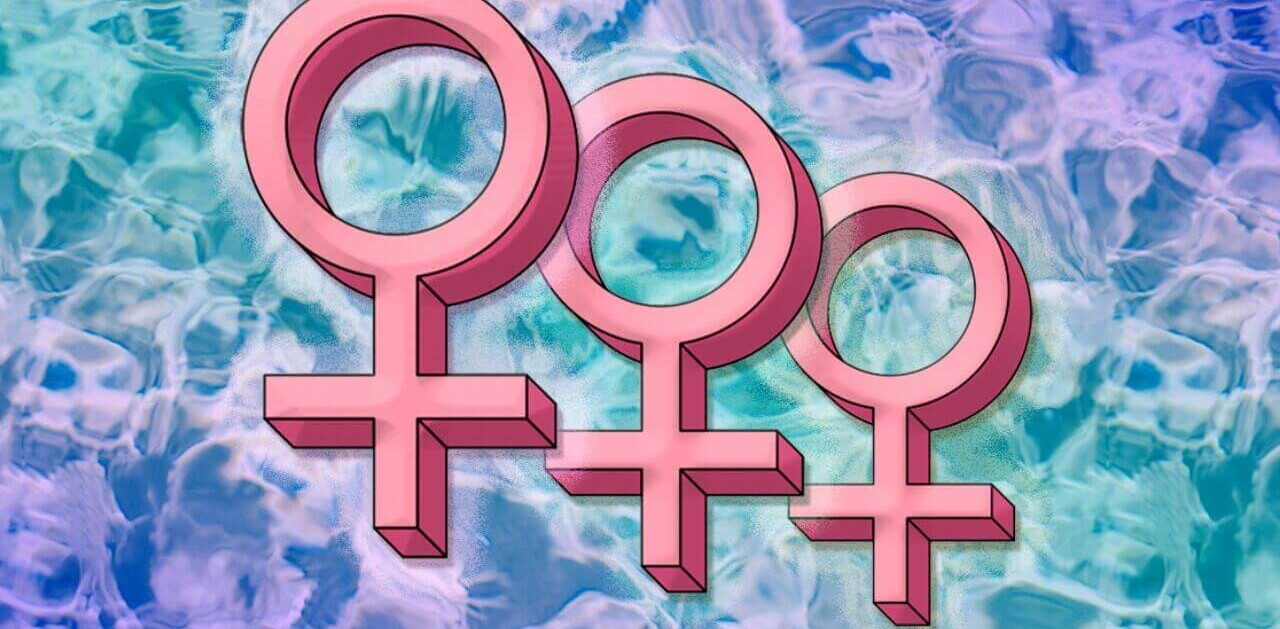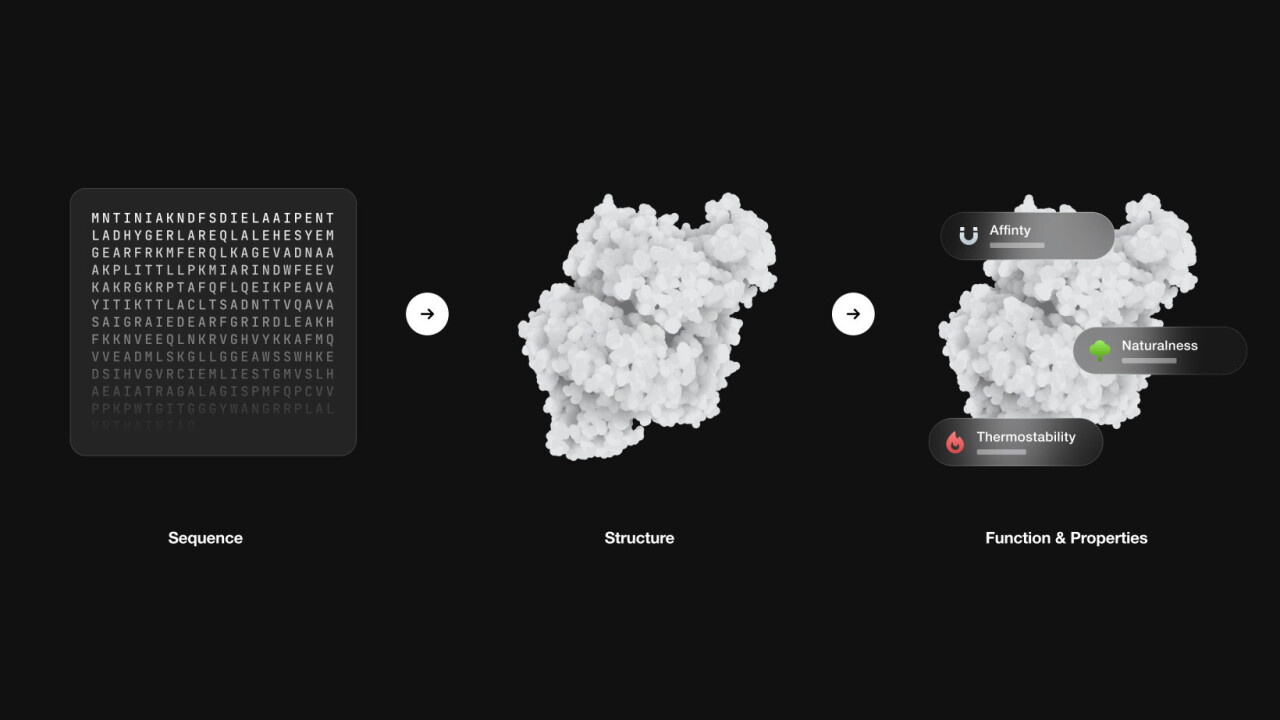
It has been nearly a year since OpenAI unleashed ChatGPT on the world, and it seems as if no one (at least in tech) has stopped talking about generative AI since. Meanwhile, the applications of GenAI go way beyond chatbots and copyright-grey-area image ‘artistry’.
For instance, Cradle, a biotech software startup out of Delft, Netherlands, is using it to help biologists engineer improved proteins, making it easier and quicker to bring synthetic bio-solutions for human and planetary health to market.
In synthetic biology, people use engineering principles to design and build new biological systems. Scientists can use parts of DNA or other biological elements to give existing organisms new abilities.
This has tremendous potential for programming things like bacteria to produce medicine, non-animal whey proteins, detergents and plastics without petrochemicals, yeast to make biofuel, or for instance crops that can survive in tough environments… the list goes on.
“At the core of all these products are proteins, which are little cellular machinery,” Stef van Grieken, co-founder and CEO of Cradle, told TNW a little while back. “If you want to change them to be better for the application you have in mind, you have to alter the DNA sequence. That’s a really complicated task because DNA is basically an alien programming language.”
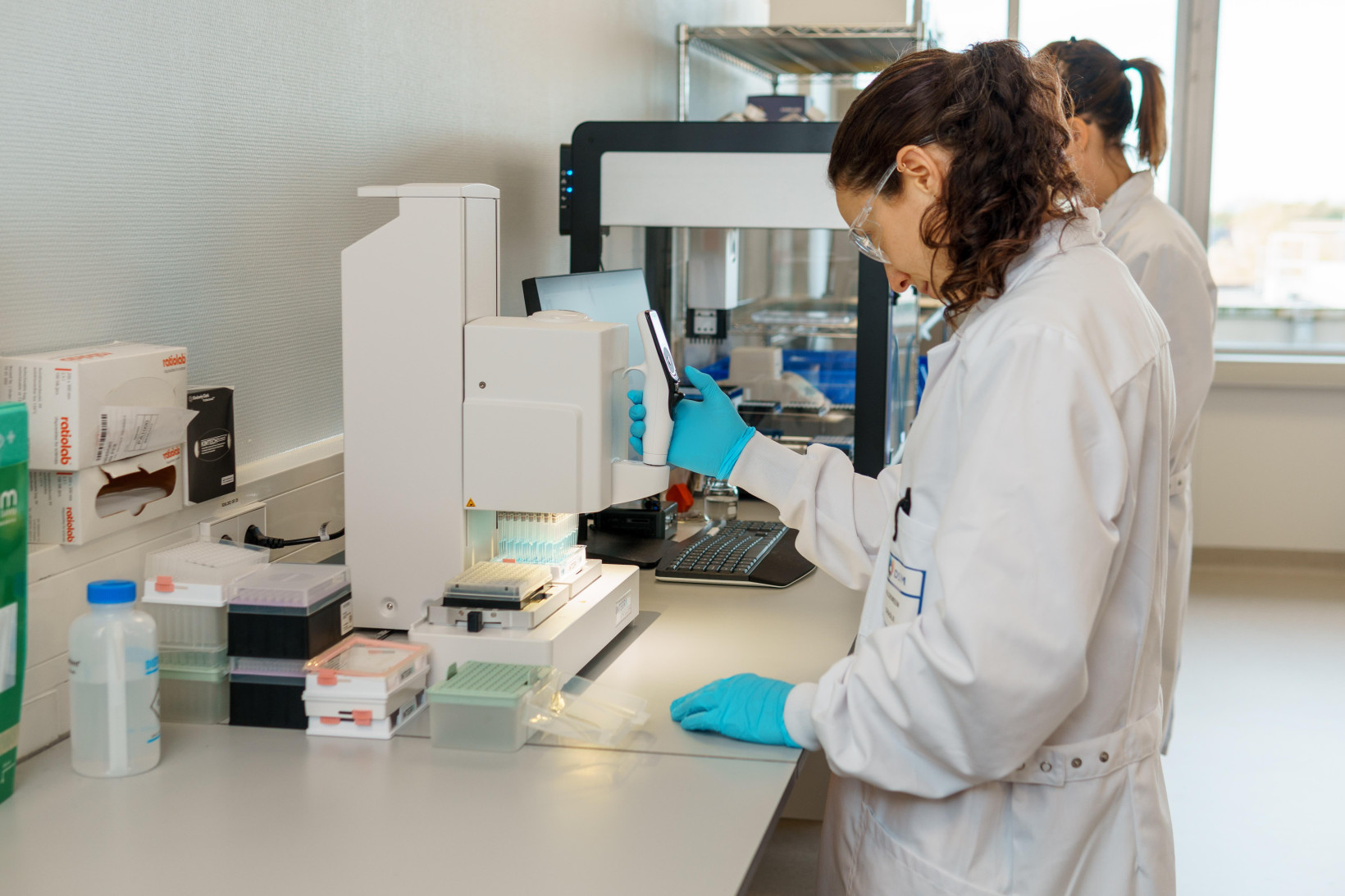
This whole process takes a long time — and costs a lot of money. Which is where Cradle’s web-based software comes in. When prompted, Cradle’s AI platform can generate a sequence of a molecule that has a higher probability of matching what researchers are looking for, than when scientists need to try everything out for themselves.
This equals fewer and more successful experiments, drastically reducing R&D time and costs. For most projects, this means they can proceed at twice the speed compared to the industry average.
Putting AI to good use for future generations
Cradle’s proprietary AI model has been trained on billions of protein sequences, as well as data generated in the company’s own wet laboratory.
“It dramatically increases the probability that your molecule has the characteristics that you care about when you try it out in your laboratory, and that significantly accelerates R&D time, and therefore dramatically reduces the cost of the R&D phase for bringing these types of products to market,” van Grieken, previously Senior Product Manager for Google AI, added.
Why did van Grieken leave a cosy job at Google to set up a synbio AI startup in the Netherlands? “Because I have two young daughters who are three and six. And they’re gonna ask me, 10 years from now, ‘what did you do when the earth caught fire?’ And the answer could not be ‘I was a plumber for an advertising company’.”
“For me personally, success would be helping a company to make a bio-based version that replaces some petrochemical or animal-based product, and does that better and cheaper. And that more of these companies start existing in the world.”
Increased demand for synbio software
Cradle, founded by van Grieken and bioengineer Elise de Reuse in 2021, has already signed up with industry partners including Johnson & Johnson, and just announced the $24mn Series A funding round. It is now working on more than 12 R&D projects including vaccines and antibodies.
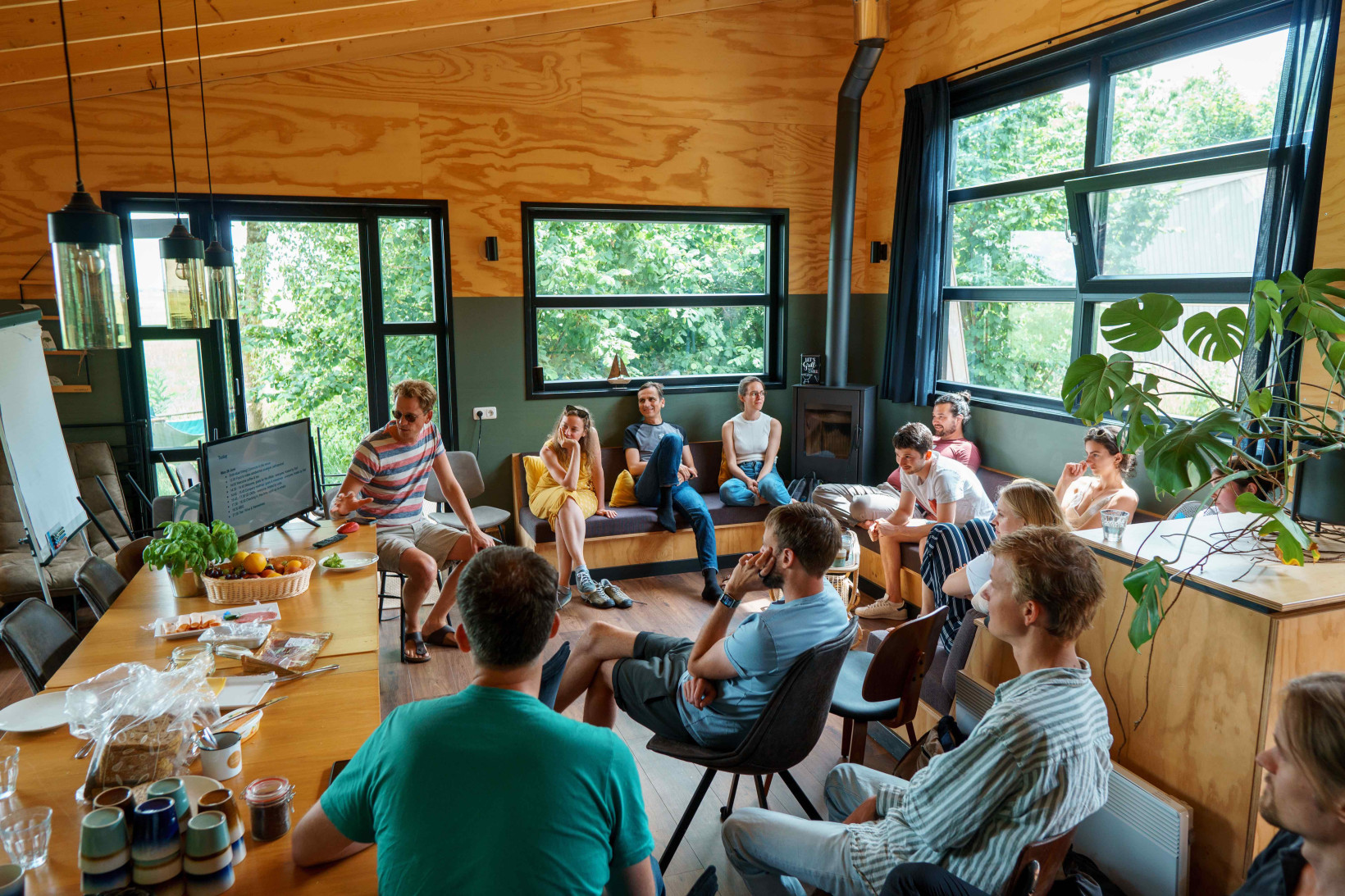
The team currently consists of 20 people, split between Delft, the Netherlands and Zurich, Switzerland. The latest funding round was led by Index Ventures with participation from Kindred Capital. Angel investors including Chris Gibson, co-founder and CEO of Recursion and Tom Glocer, former CEO of Thomson Reuters and Lead Director, Merck, also participated in the round.
The fresh injection of capital will allow Cradle to grow the team, build out additional laboratory and engineering facilities in Amsterdam, and continue to develop its platform and user experience to allow it to onboard more customers, in line with growing demand.
Get the TNW newsletter
Get the most important tech news in your inbox each week.


